Retailers warn of $5bn budget loss from illicit tobacco sales and an explosion in vaping
Supermarket and petrol station bosses are warning the government faces as much as a $5bn hole in its budget from lost tobacco excise and uncollected GST.
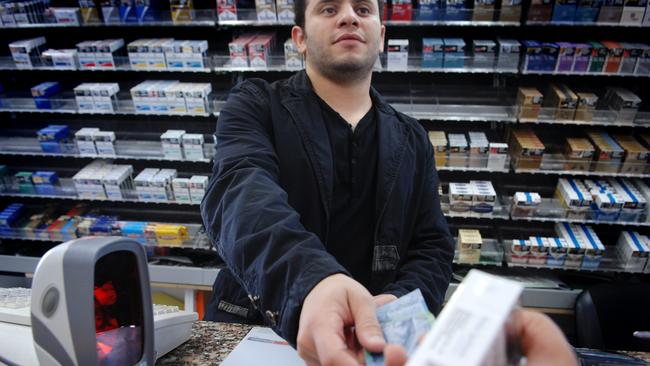
Supermarket and petrol station bosses are warning the federal government faces as much as a $5bn hole punched in its budget from lost tobacco excise and uncollected GST caused by collapsing tobacco sales, as smokers switch to illicit tobacco, counterfeit smokes and an explosion in vaping.
Independent supermarkets, petrol stations, convenience stores and corner stores have witnessed a sharp fall in tobacco sales from their store counters as the skyrocketing price of legal tobacco encourages demand for illicit, counterfeit and loose tobacco – known as chop-chop” – with smokers looking to save money amid cost of living pressures.
The huge popularity of prohibited e-cigarettes, or vaping, is also robbing legitimate retailers of sales, which in turn and combined with the massive growth in illicit tobacco is seeing lost collections of tobacco excise and GST.
The threat to the Treasury’s forward estimates – estimated by the Australian Association of Convenience Stores to be as much as $5bn – was laid bare recently by one of the nation’s largest independent supermarket chain, Ritchies, in a presentation two weeks ago to its key food and grocery suppliers.
Ritchies chief executive Fred Harrison told suppliers in a confidential briefing that compared to the same time two years ago tobacco sales for his network of 75 supermarkets was down $1.2m a week. At a suppliers meeting held on March 30 Mr Harrison revealed total sales for his chains were down 2.97 per cent between July 2022 and February 2023 of which 90 per cent was driven by a slide in tobacco sales.
“It’s illicit tobacco. People are buying illicit tobacco, chop-chop and also vaping, vaping is through the roof,” Mr Harrison told The Australian.
“Vaping is a massive issue in Australia at the moment, with most of it being illegal. And people are switching to chop-chop, contraband tobacco and vaping instead of paying $50 for a packet of cigarettes.”
At its recent half-year results, the nation’s largest supermarket chain Woolworths revealed a 15 per cent fall in tobacco sales while rival Coles also said its tobacco sales had weakened.
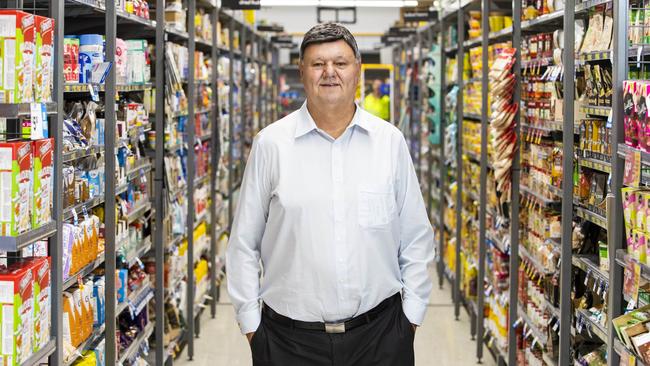
Excise on tobacco is lifted twice a year, in March and September, and along with soaring inflation has quickly accelerated the average price of a pack of cigarettes to almost $50 at a time when cost of living pressures are tightening household budgets. For those who refuse to give up smoking to safeguard their health as well as wealth, smoking is proving a costly habit and many are now being lured by cheaper forms of tobacco led by illicit smokes that evade excise, GST and other company taxes.
Not only are retailers losing sales but the federal government was losing out on excise and GST as criminal organisations flooded the market with illicit tobacco, much of which is smuggled into Australia, while the majority of people were also buying illegal vaping products from various underground outlets as well as through social media.
“The federal government is probably missing out on around $4bn in excise tax, they are so slow to react,” Mr Harrison said.
Australian Association of Convenience Stores chief executive Theo Foukkare told The Australian the explosion in illicit tobacco, both loose leaf and contraband imported from Asia, and tobacco smuggling had seen the disappearance of between $1.8bn and $3.5bn in tobacco excise a year for the federal government and Australian Taxation Office.
Mr Foukkare represents the $10bn petrol station and convenience store industry and 6,500 members that include national retailers such as 7-Eleven, BP, Ampol and Caltex, and who generate around 36 per cent of their retail revenue (excluding fuel) from tobacco sales.
He said tobacco sales were down around 5 per cent in the last three years.
This had come at a time when vaping rates were rising strongly, fuelled by illegal operators and underground networks of vaping suppliers.
“Our independent research confirms that the vaping market conservatively is worth $2bn in Australia and about 90 per cent of that is currently being sold via a black market through both retail, or dodgy shop fronts, plus online retailers and through social media.”
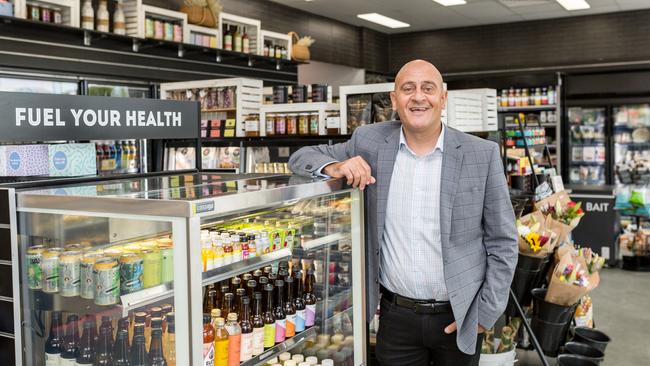
Mr Foukkare said he has taken his concerns to all level of government in every state and federally to raise the issue of both the proliferation of counterfeit and illicit tobacco as well as the lost excise and tax revenue.
“We spent a lot of time working with both the previous and current (federal) government, I have personally met with Treasury on a number of occasions to outline the total impact and the impact of vaping over the forward (budget) estimates is currently $1.7bn and that includes the GST being lost plus import duties and company taxes.
“And when you combine that with the loss in illicit tobacco excise of approximately $3.5bn, we are talking about $5bn that is out of the government’s control and effectively run by organised criminals.”
A recent Parliamentary Joint Committee on Law Enforcement inquiry into illicit tobacco found that using price-based incentives to lower the affordability of tobacco by imposing high rates of taxation was lowering smoking rates.
However, a negative consequence of these high taxes is that some tobacco users seek to avoid those taxes by purchasing untaxed, illicit tobacco.
“At its essence, the illicit tobacco market is driven by these individuals attempts to avoid Australia’s approach of using price-based incentives of increased taxation to reduce tobacco usage. The Department of Health submitted that ‘by being cheaper, illicit tobacco impacts directly on the effectiveness of price based public health policies aimed at decreasing smoking rates,” the report stated.
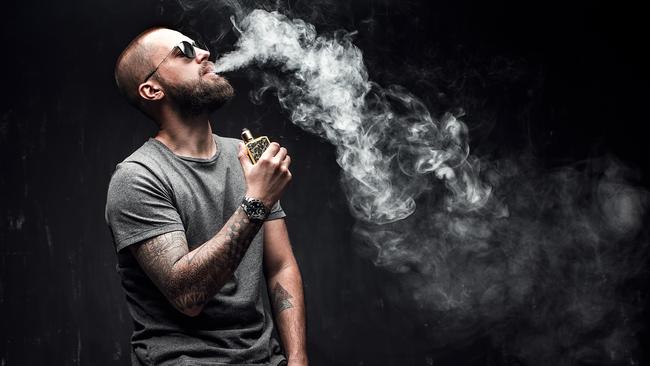
This was causing a headache for the ATO too. The ATO regularly conducts ‘tax gap’ studies to estimate the difference between the amount the ATO collects and what should have collected if every taxpayer was fully compliant with tax law. For 2017–18, the ATO estimated the net tobacco tax gap to be 5 per cent, or $647m, which was well short of the $2bn claimed by the tobacco industry.
However, a recent ATO report said the total tobacco duty collected reached $14.3bn in 2020–21 and that an estimated further $1.9bn was evaded from illicit tobacco reaching the market.
“For 2020–21 we estimate a net gap of 1,234 tonnes. This is the amount of illicit tobacco undetected in the Australian market. The duty value is $1.89 billion,” the ATO report said. Vapes, e-cigarettes and other similar items, including those containing nicotine, are not subject to excise duty and are not part of the tax gap estimate but smokers switching from tobacco to vaping are contributing to lost government revenue.



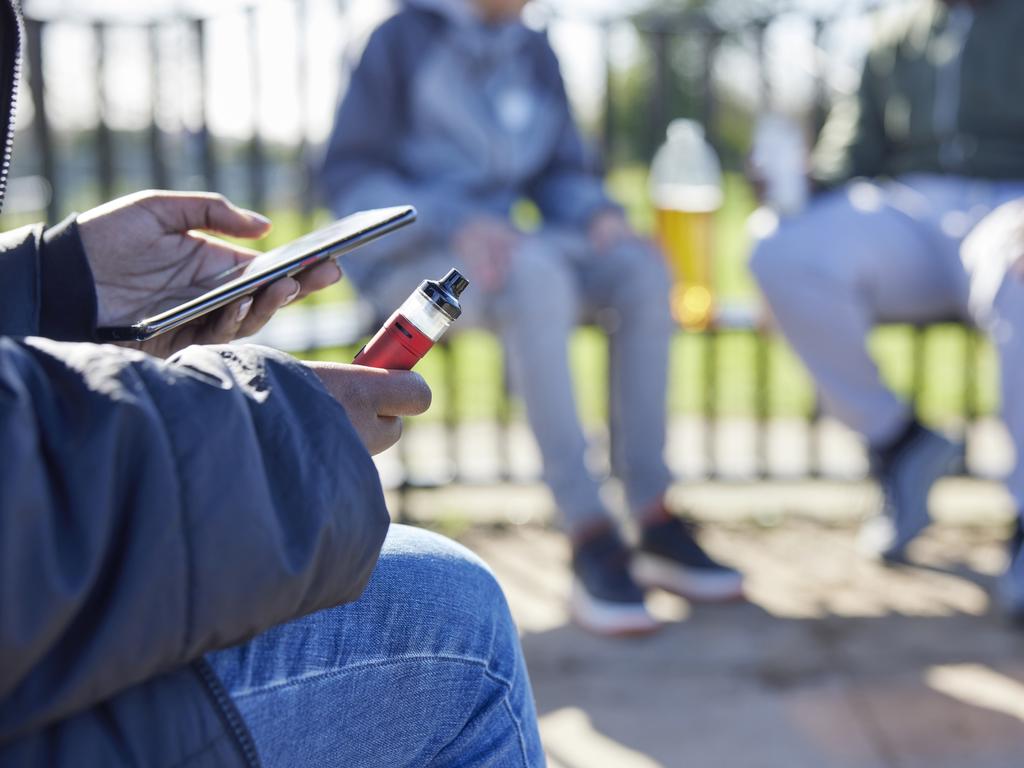



To join the conversation, please log in. Don't have an account? Register
Join the conversation, you are commenting as Logout